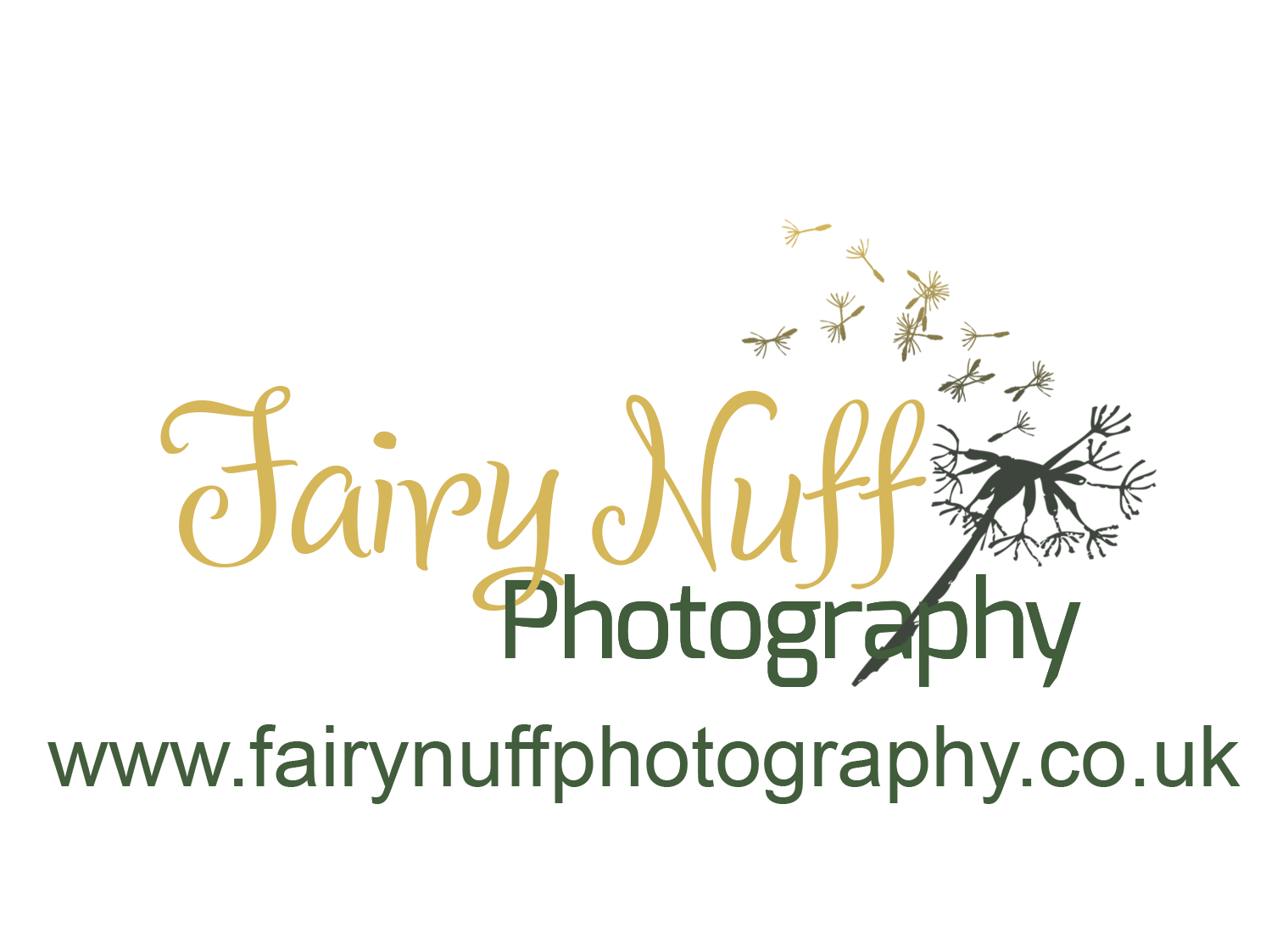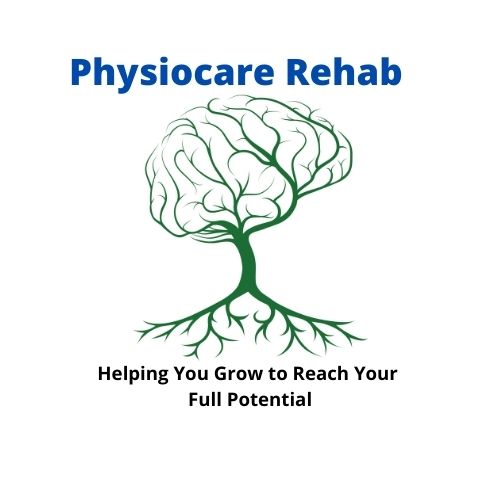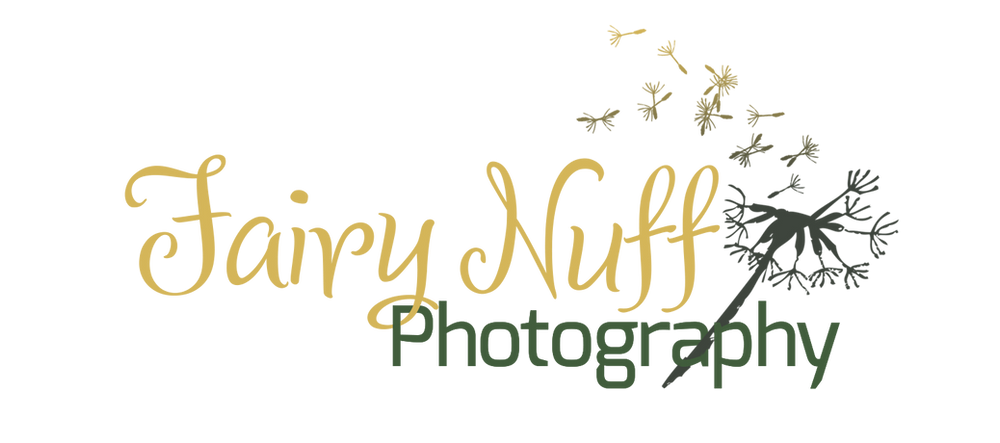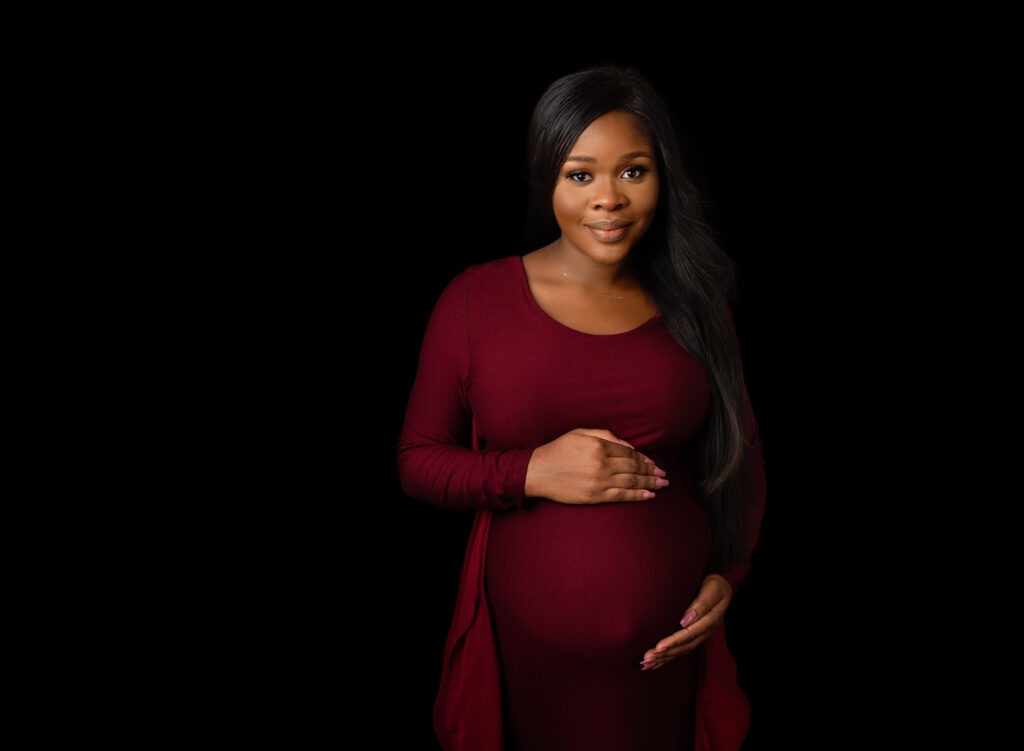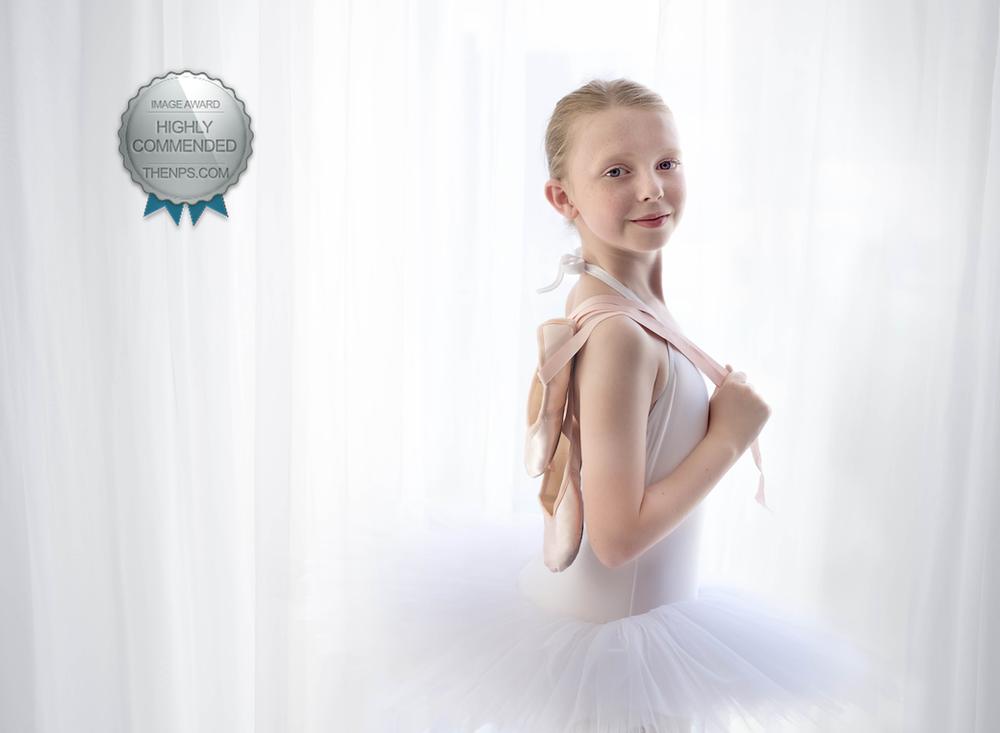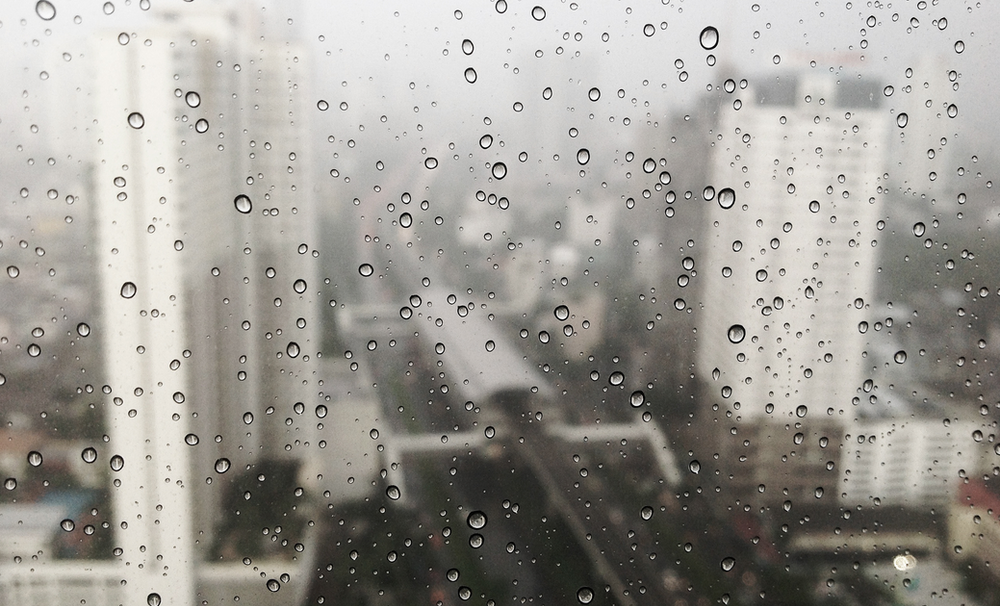How To Get Babies And Children To Sleep?
As a popular baby and child photographer in Nottingham, I see so many new parents and families, who come to me for their photography sessions. One subject that is sure to come up from new and often sleep deprived parents is:
How do we get our babies and children to sleep?
As an experienced newborn baby photographer I often give clients my hints and tips on getting their little ones to sleep, from rocking, soothing, noise and touch. I use them all in my photography session to achieve those beautiful sleepy baby images that parents love. As part of my ‘Ask The Expert’ Blog Series I go one step further and have teamed up with Nicola Hunt, qualified physiotherapist, Director of Physiocare Rehab. Nicola is an expert in the field of sleep and fatigue management and is here to help you soothe yourself and your little ones to the land of nod. Over to you Nicola!
If you would like to find out about a photography session with me click here!
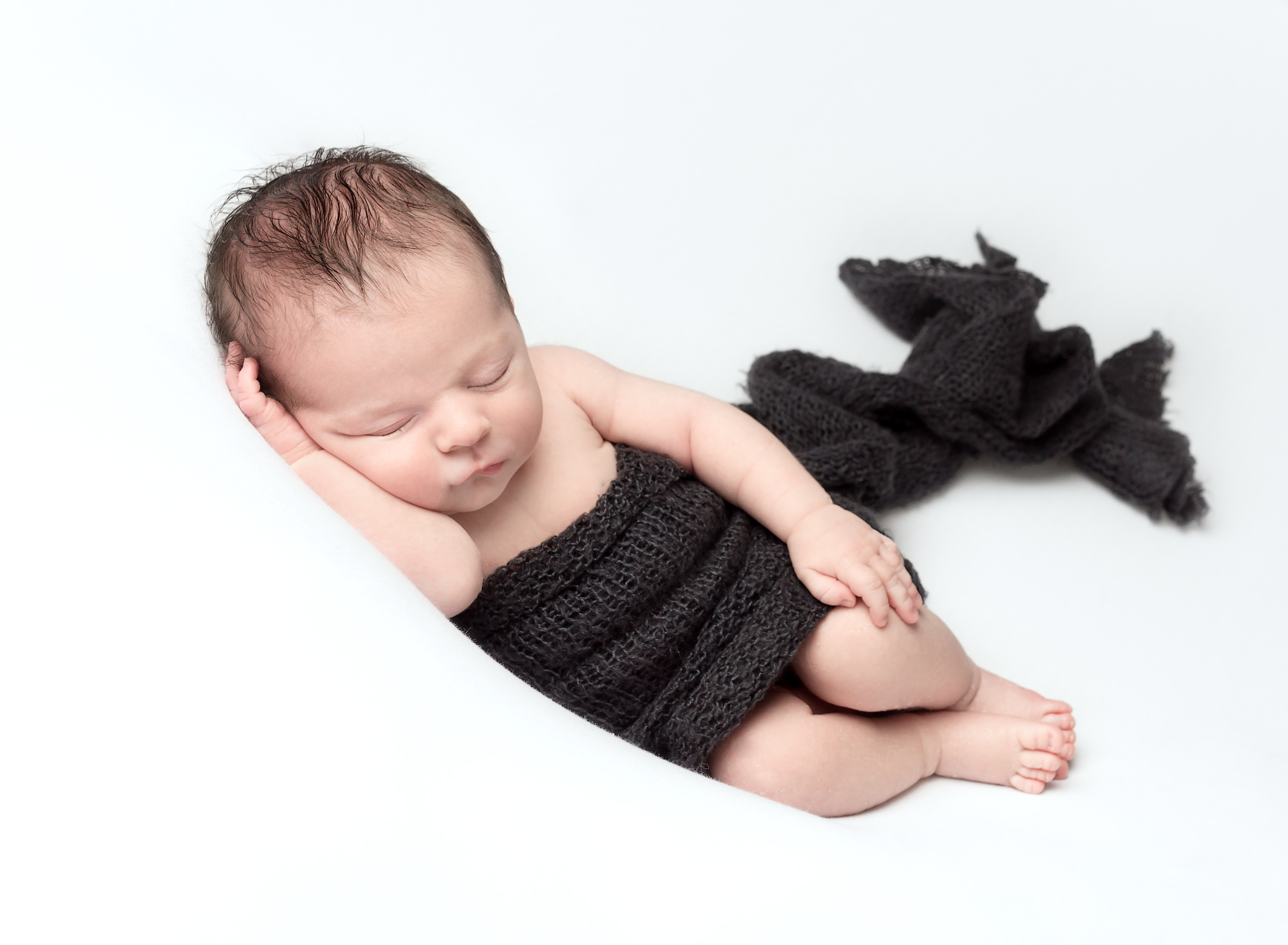
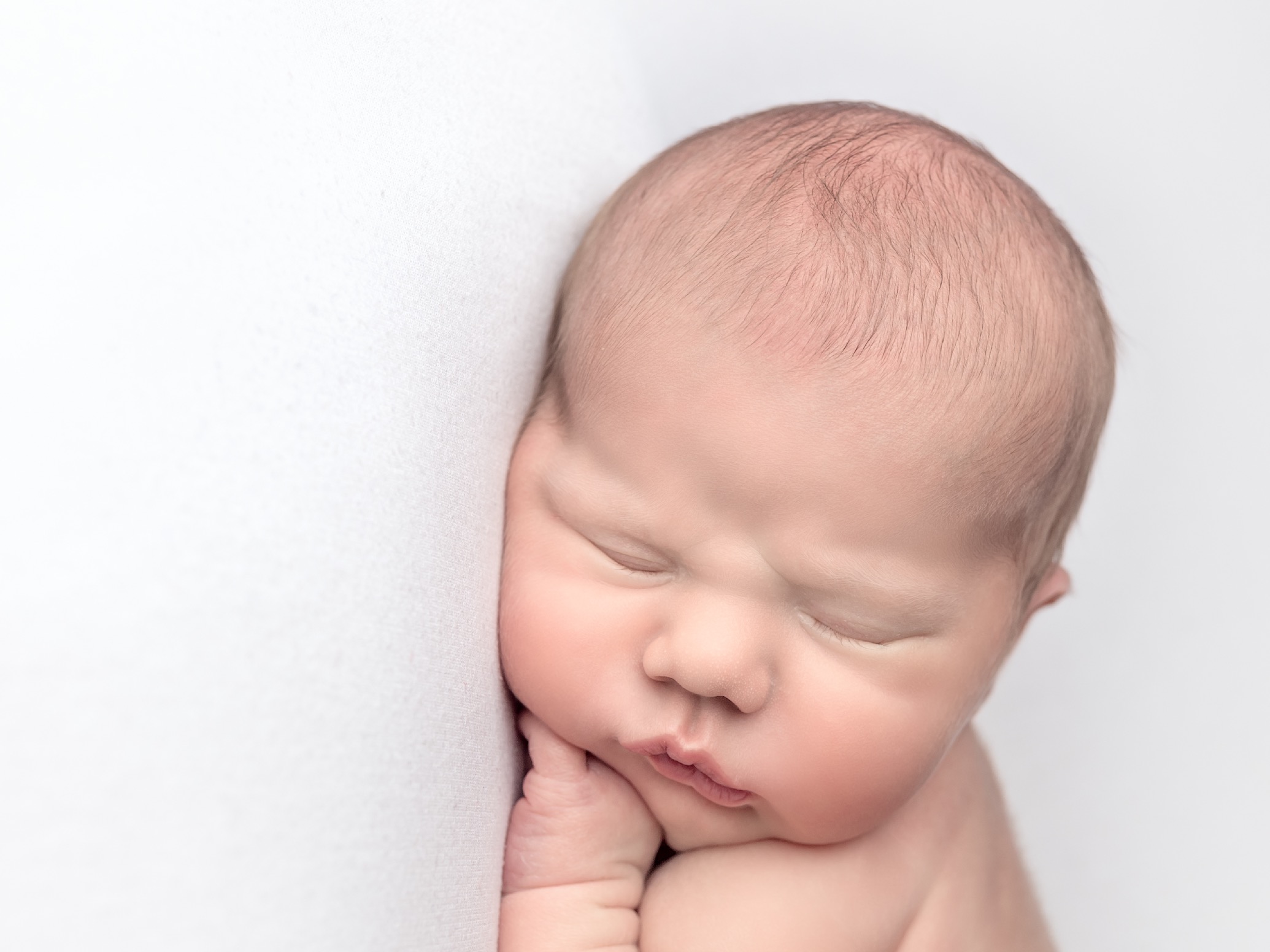
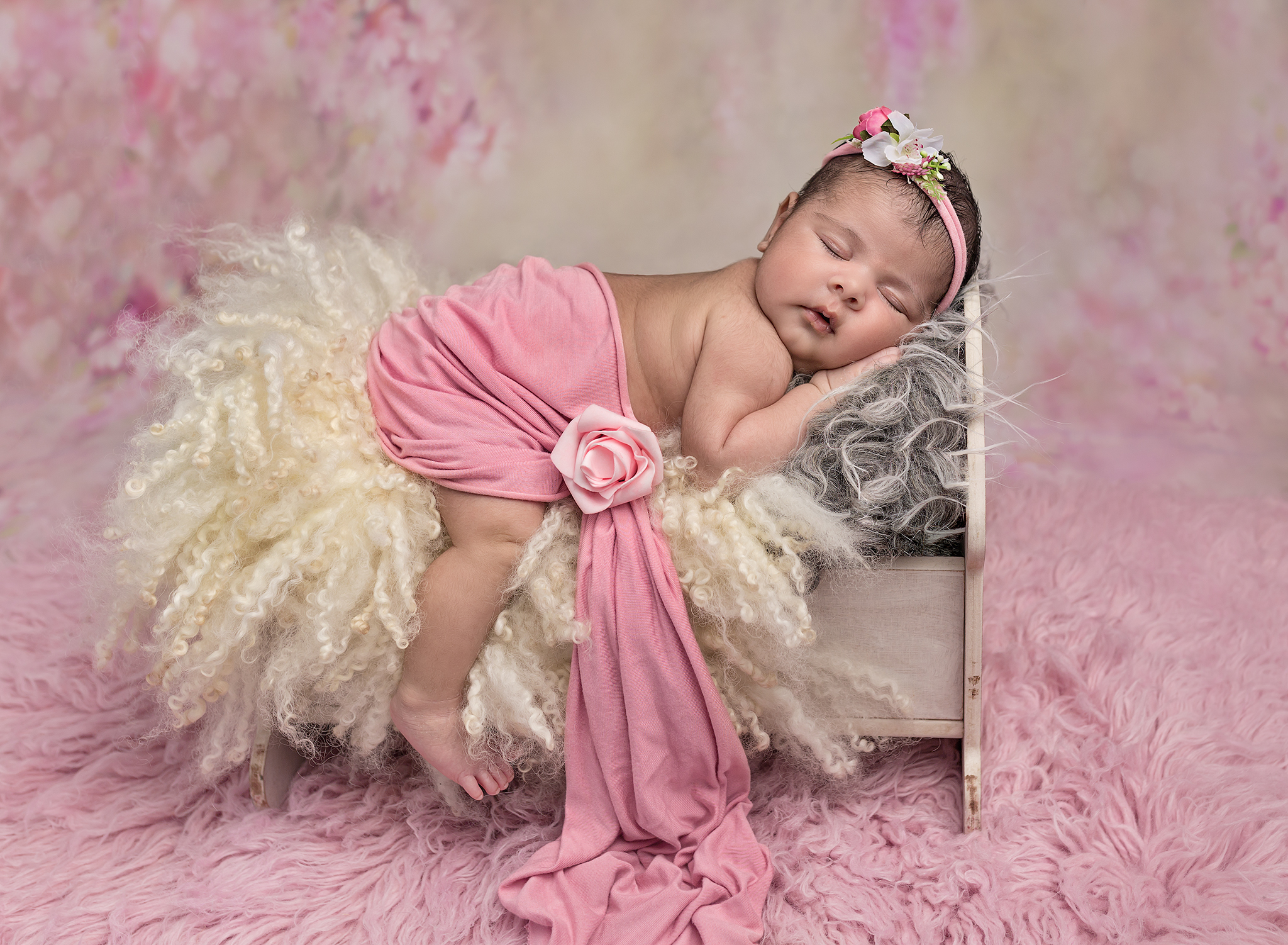
It would be both presumptions and arrogant of me to tell you how to manage your children’s sleep. But what I can do is explain the physiology of sleep to you, explain what is known about sleep, in terms of what we know makes it harder to fall asleep and what can make it easier to fall asleep. Knowledge is power, so when I give you the knowledge, you have the power to tackle sleep issues.
The Science
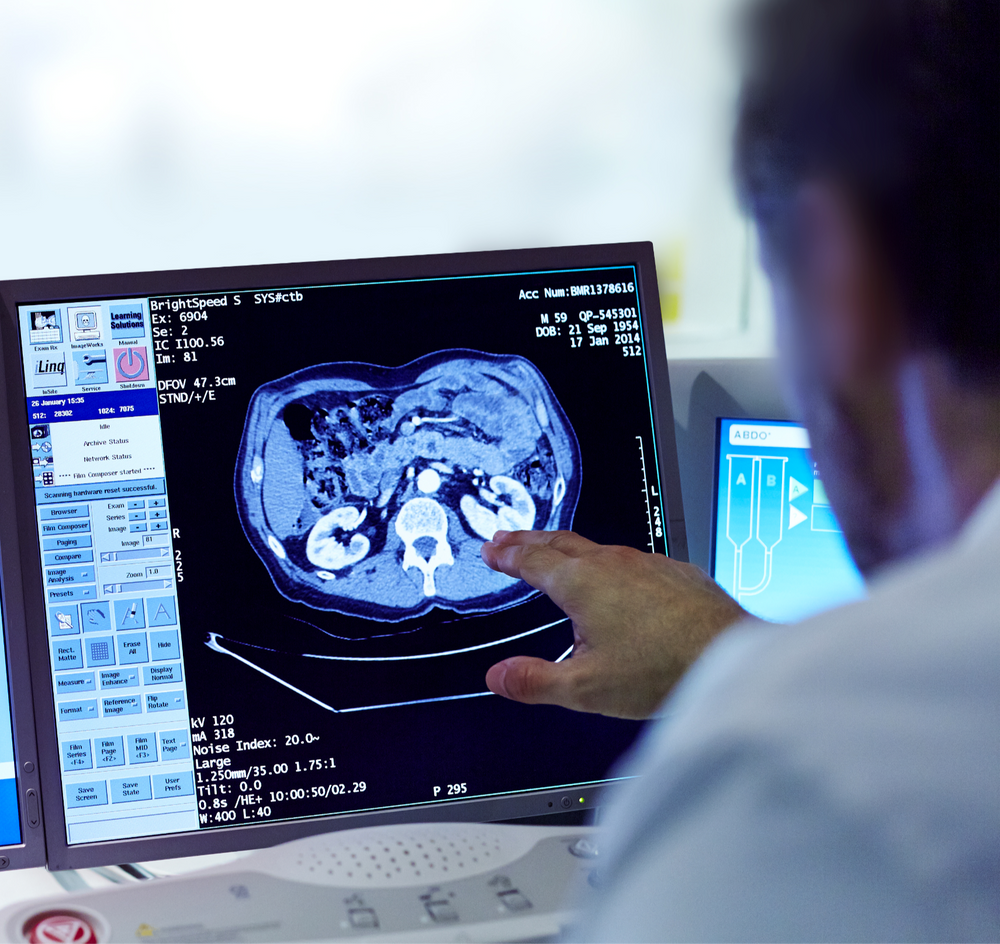
We all have something called our Circadian Rhythm. This is our body clock, running in the background regulating many functions of the body. The most well known Circadian Rhythm is the sleep-wake cycle. Whilst we do not have overall control of our Circadian Rhythm and sleep wake cycle, there are things we do that influence it.
Our master clock is the suprachiasmatic nucleus, situated in the hypothalamus in the brain and is very sensitive to light. The suprachiasmatic nucleus controls our sleep – wake cycle as well as the timing of production and release of hormones.
So one of the simplest ways to influence the sleep- wake cycle is managing our light exposure
Head Outside
So one of the simplest ways to influence the sleep – wake cycle is managing our light exposure. Exposure to light is the signal to be awake, darkness is our signal to sleep. So getting outside in the morning is our alarm clock for our master clock, and even on a dull over cast day the light is so much brighter than any lightbulb. The light helps to strengthen our sleep wake cycle. Going for a morning walk helps start the bedtime routine.
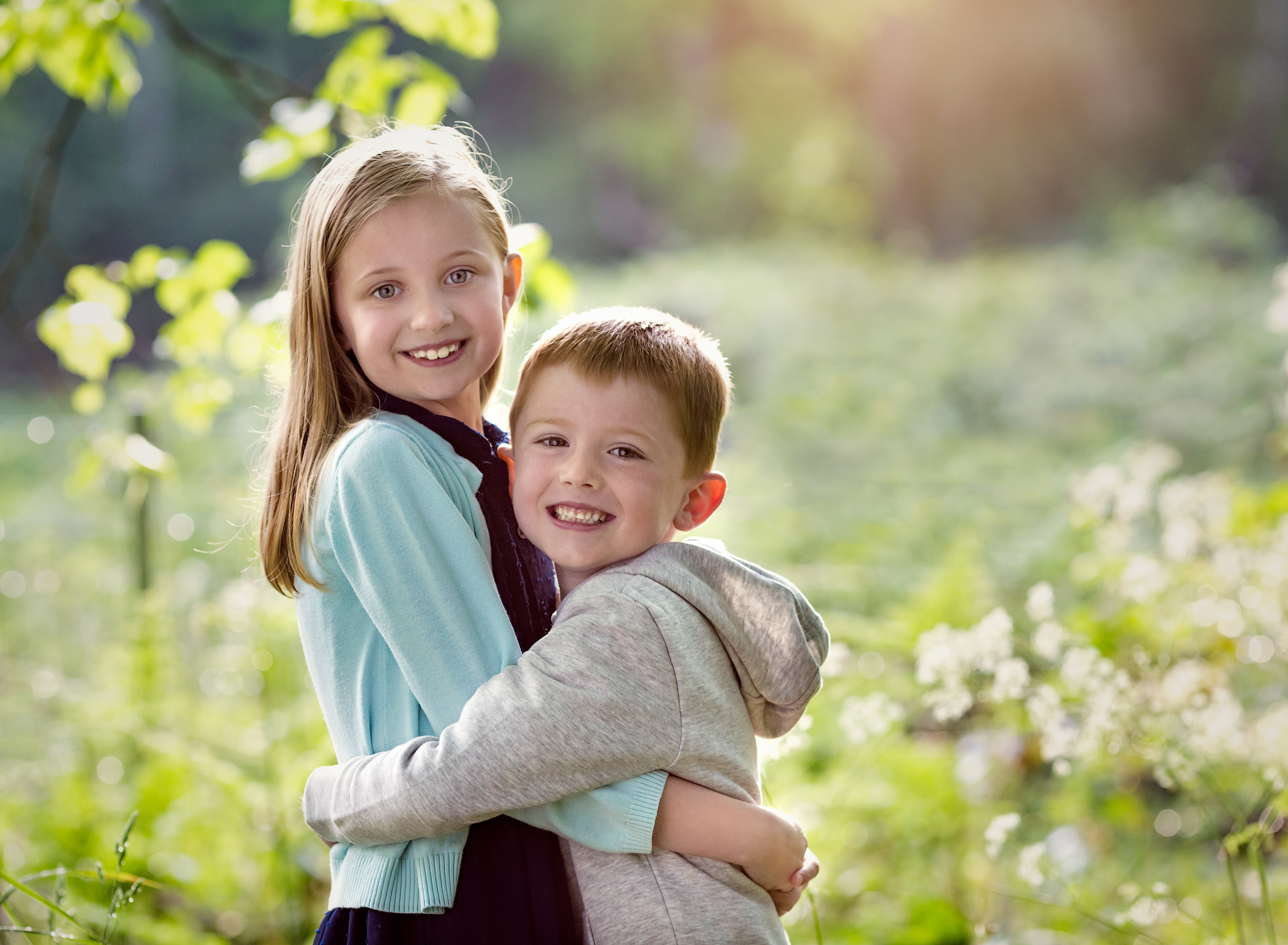
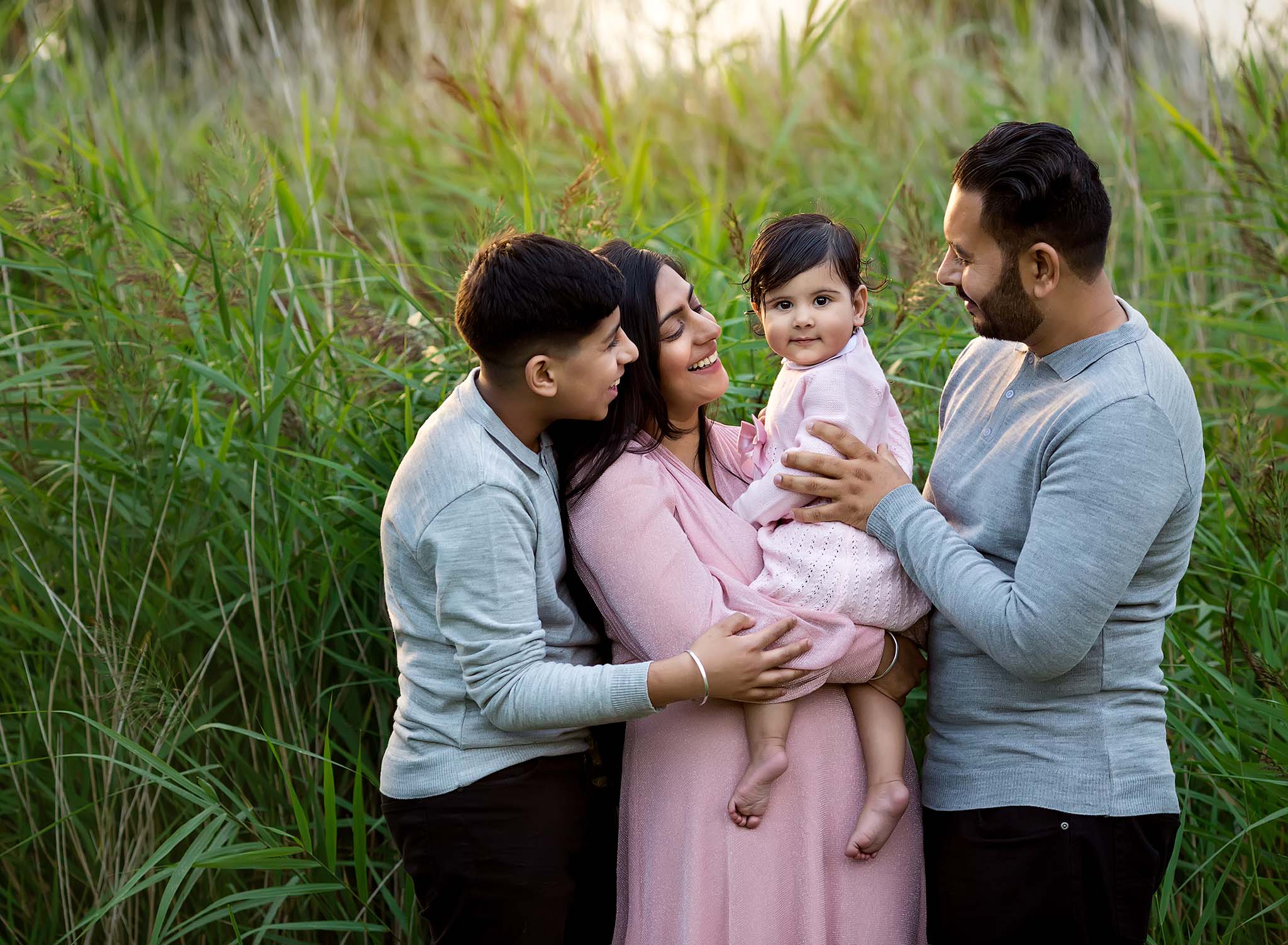
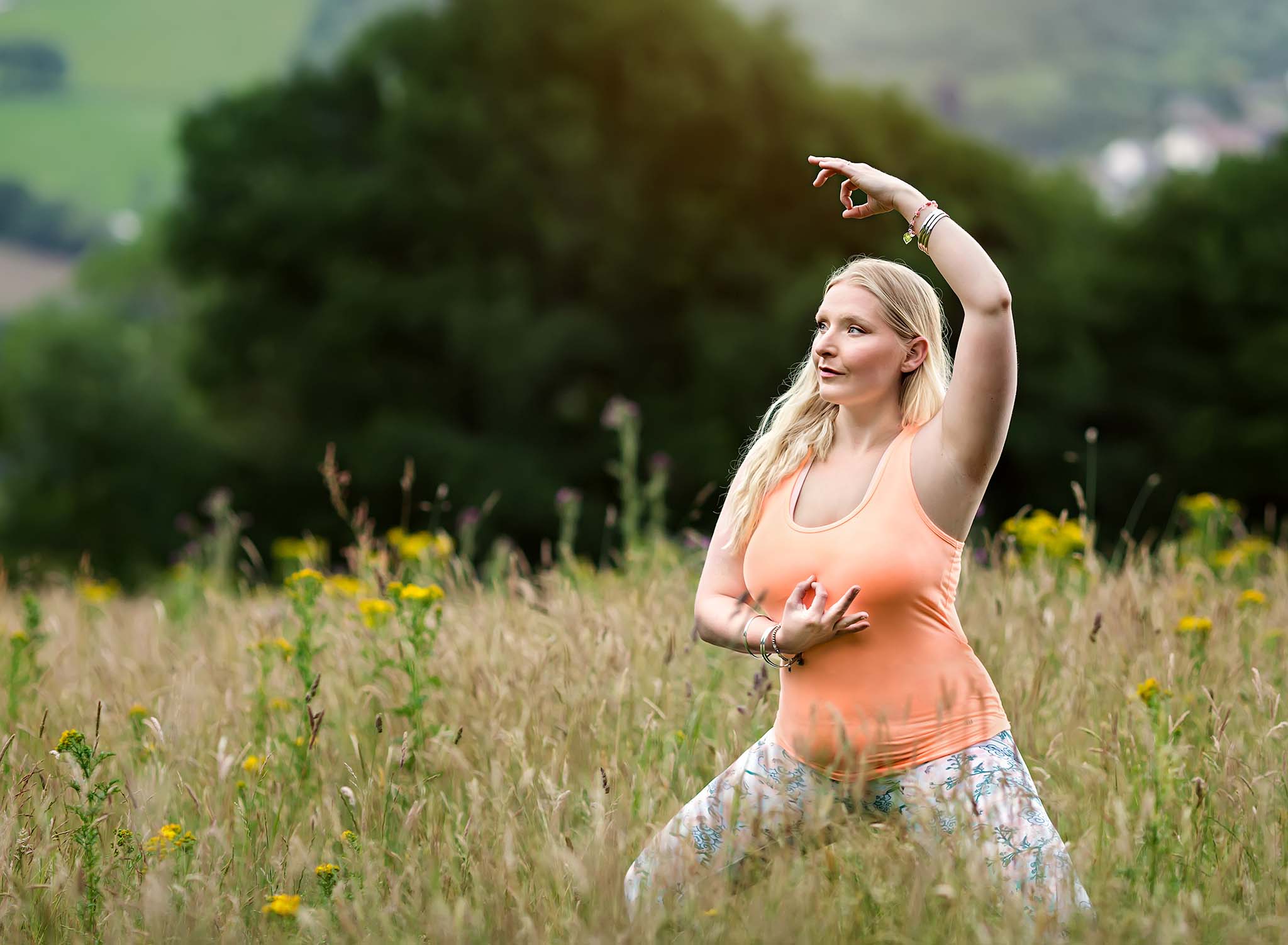
Switch Off The Tech
Light exposure at bedtime, particularly blue light emitted from phones, tablets and other screens can confuse our master clock, which uses darkness as the trigger for sleep. So not using screens for the two hours before bed, and keeping any nightlights as low as possible helps sleep.
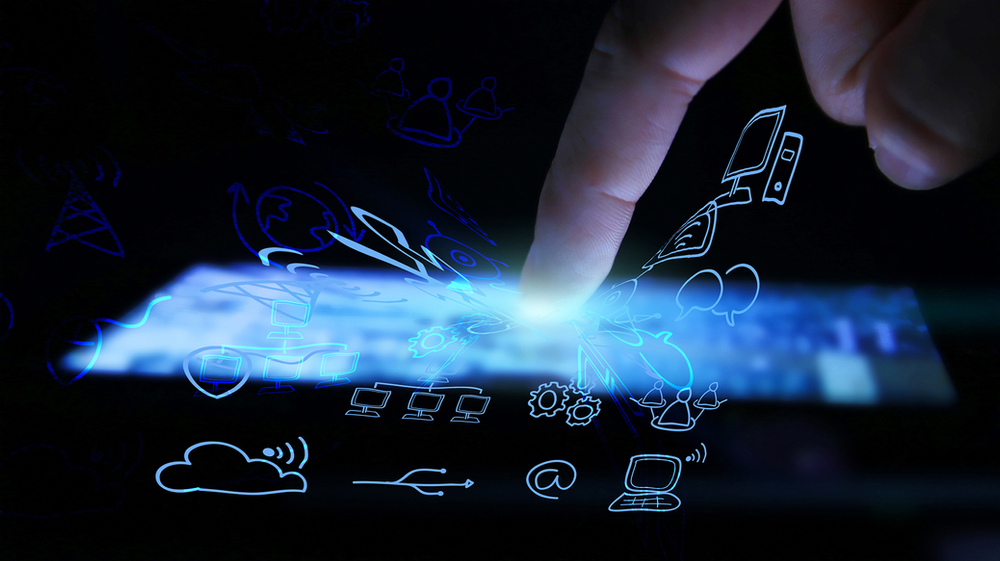
Goldilocks Was Right!
Temperature also affects our sleep. Being too hot or too cold prevents sleep, but our temperature falls 1 – 2 degrees as we prepare to sleep. Too hot a room or too much bedding will prevent this and make it harder to fall asleep. But too much physical activity just before bed also raises body temperature, so the activities before bedtime should be quiet ones.
A bath that is not too hot encourages our body temperature to fall after the bath, which is why a bath and a bedtime story is such a popular screen free bedtime routine.
Routine Is Important
Our bodies have a sleep-wake cycle, and creating a routine helps to strengthen this. Getting up at a similar time and going to bed at a similar time helps consolidate the sleep-wake cycle and works with our bodies, not against them.
So How Much Sleep Do We Need?
The amount of sleep we need changes through different stages of our life, and also our sleep-wake cycle. Newborns and young babies need a lot more sleep, and won’t get this all in one go. As children get older they can meet their sleep needs in one go, providing they have a suitable bedtime. Teenagers still require more sleep than adults, and their sleep-wake cycle shifts, meaning they tend to fall asleep later and wake later naturally, so early mornings are against their natural cycle.
The average amount of sleep required at each stage of life is:
Newborns (0-3 months): 14-17 hours each day
Infants (4-11 months): 12-15 hours
Toddlers (1-2 years): 11-14 hours
Preschoolers (3-5): 10-13 hours
School age children (6-13): 9-11 hours
Teenagers (14-17): 8-10 hours
Younger adults (18-25): 7-9 hours
Adults (26-64): 7-9 hours
Older adults (65+): 7-8 hours
Self Care
It is important as parents we consider both our children’s and our own sleep needs. Prioritising sleeping over household jobs is not “a luxury” or “being lazy”. It means being well rested and able to cope better with the demands of life. Others can help with the cooking, the cleaning, the laundry, but only you can help with your own sleep.
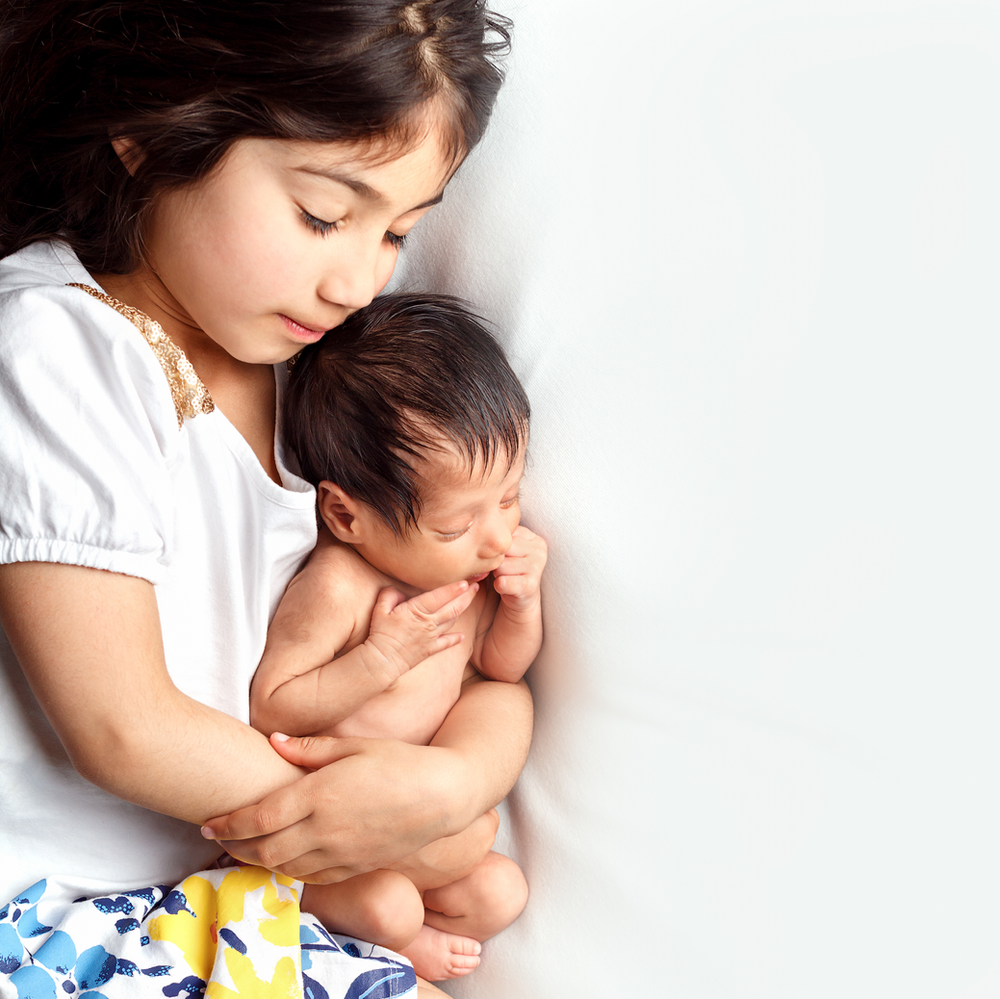
Thank you so much for your invaluable tips and advice Nicola! Without rest none of us are at our best and able to cope with life’s demands. So:
-
Exercise and get fresh air
-
Reduce screen time for a few hours before bed
-
Make your sleeping environment comfortable, dark and the right temperature
-
Have a sleep routine
-
Have the right amount of sleep
And one more from me, as your baby and child photographer….
Make sure you have plenty of cuddles with your little ones, it always helps sleep x
To get in touch to talk over your photography session click here.
About Our Expert
Nicola Hunt qualified as a Physiotherapist in 1992 and is a highly qualified and experienced Physiotherapist specialising in neurological and vestibular rehabilitation, including neuro-respiratory management, sleep and fatigue management. In addition to my physiotherapy qualifications I have a professional coaching qualification, with membership of the EMCC, and have extensive experience in leading and developing teams.
I am the Director of Physiocare Rehab, delivering physiotherapy within the Nottinghamshire, Lincolnshire, Leicestershire and Derbyshire areas, providing community based specialised neurological and vestibular physiotherapy.
I deliver training sessions and talks on a range of subjects including the brain and the effects of brain injury, balance and falls, dizziness, concussion, sleep, stress management and keeping active and healthy.
I offer training sessions to teams, on the topics of brain injury and rehabilitation, and also staff and team development focusing on areas of resilience, communication skills, team working and conflict resolution.
Nicola Hunt
Specialist Neurological and Vestibular Physiotherapist and Health and Wellbeing Coach
www.physiocarerehab.co.uk
https://www.facebook.com/Physiocare-Rehab-Ltd-291188224760087
https://www.facebook.com/Opmum-Results-110321380825685
https://www.linkedin.com/in/nicola-hunt-15951685/
